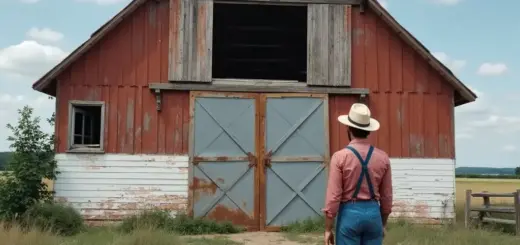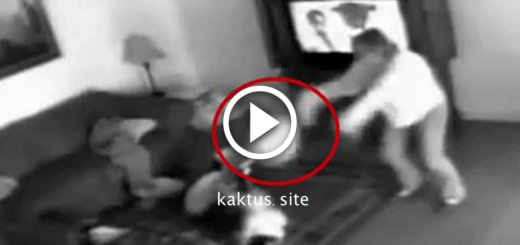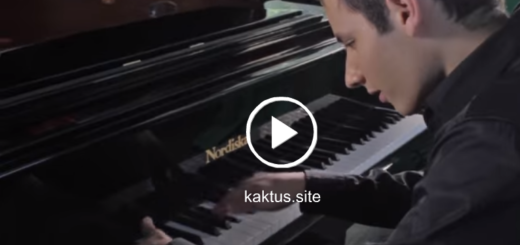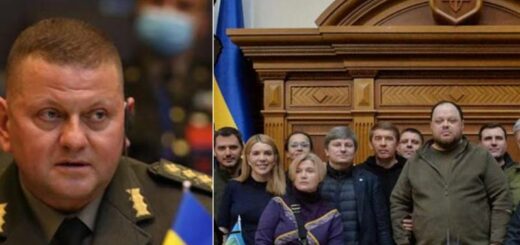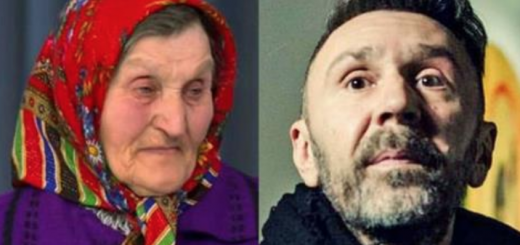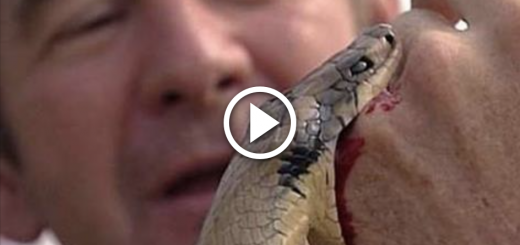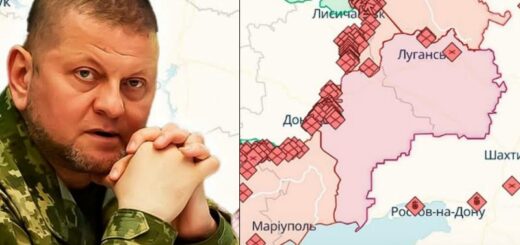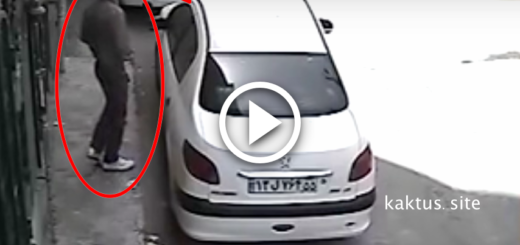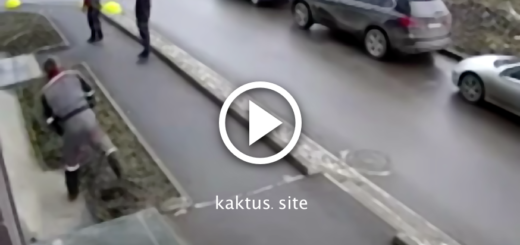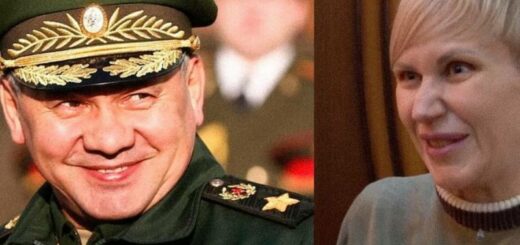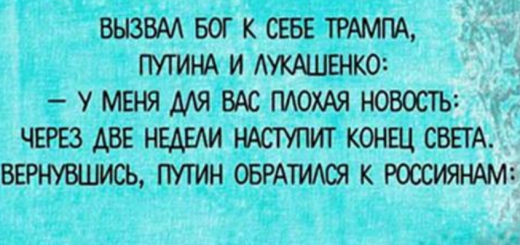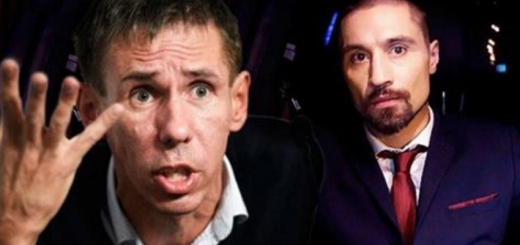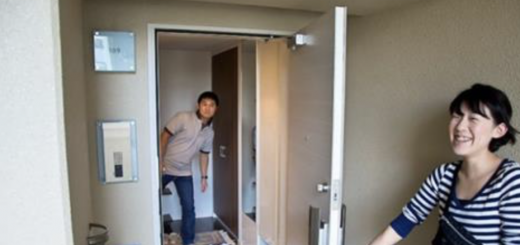He was still the silent, early-rising figure, invisible by the nature of his routine, but now, he was noticed. People saw how he moved as if he were constantly mapping the geometry of the room, his eyes always tracking exits, structural weaknesses, and the posture of the men around him. A new myth began to form: that he could predict who was going to wash out long before the instructors even made their official assessment.
Then, one afternoon, an incident occurred that no one could ignore. During a grueling weight circuit, the fire alarm blared through the building. It was a false alarm, a technical glitch in a newly installed control panel. But protocol was protocol, and the gym was evacuated. Most of the recruits jogged out into the humid afternoon air.
The instructors followed, but one trainee, a man named Peterson, collapsed halfway to the exit. An old knee injury, aggravated by severe dehydration, had completely seized up. Two of his teammates started back for him but stopped short at the entrance as acrid smoke from the short-circuiting wires began to billow into the hallway. The situation wasn’t life-threatening, not yet. But it would have taken a medic team a minimum of five minutes to arrive and respond.
It took the custodian thirty seconds.
He walked directly into the thickening smoke without the slightest hesitation. He had no protective gear, only a dirty towel from his cart wrapped around his mouth and nose. He emerged moments later with Peterson slung over his back. It wasn’t a clumsy drag or a desperate struggle. It was a clean, technically perfect fireman’s carry—one arm locking Peterson’s leg behind the knee, the other securing his shoulder, controlling the man’s entire weight with a balance that looked like it had been perfected over countless real-world repetitions. Peterson weighed a solid 215 pounds. The custodian didn’t so much as grunt.
When he re-emerged from the smoke, his eyes red but his expression placid, he gently lowered Peterson onto a training mat and stepped back, melting into the background without uttering a single word. The base fire chief and his team arrived shortly thereafter. They cleared the building, confirmed the malfunction, and gave the all-clear. No one spoke about what they had just witnessed. No official report would ever mention the civilian contractor’s name. But every single person there had seen it: the precision, the absolute calm under pressure, the reflexive, ingrained skill.
Later that evening, as Miller walked past the custodian’s unattended utility cart, he noticed something he had never seen before. A small, discreet patch had been sewn onto the inside of the cart’s front canvas pocket, almost invisible with its black thread on black fabric. The letters were faded from wear but were unmistakably clear if you knew what you were looking for.
ST-6.
SEAL Team 6. The kind of unit that doesn’t confirm its membership, the kind that leaves no paper trail, the kind of unit that makes men disappear when they retire—if they are lucky enough to retire. And in that moment of silent recognition, everything finally made sense.
The atmosphere the next morning was fundamentally different. The change was not born from anything that was said, but rather from everything that wasn’t. The jokes were gone. The speculative glances had ceased. The whispered questions in the locker room had died. There was just a quiet, powerful shift in the room’s energy, as if the entire population had collectively decided to recalibrate itself around the gravity of a man they had all so profoundly misjudged.
The custodian still arrived at the same pre-dawn hour. He still swept the same long stretch of black rubber flooring. But now, when he passed, men stepped out of his way. It was not a gesture of fear, but of something far heavier. It was respect—the kind that is never requested, the kind that is earned in unseen places long before anyone is there to witness it.
Cormac watched it all unfold. He had remained silent since the fire alarm incident. He had not yet approached the custodian. But that morning, as the recruits concluded their warm-up sprints, he walked purposefully toward the large supply closet where the old man typically took a ten-minute break. He knocked once, a firm rap on the metal door, then opened it and stepped inside.
The custodian was sitting on an overturned bucket, sipping black coffee from a dented steel thermos. He looked up, his eyes steady and unreadable. Cormac remained standing. He let the silence hang in the small space for a moment before he spoke.
— I was in Kandahar, ’07 to ’08. You were with the Unit then, weren’t you?
The custodian offered no reply. Cormac gave a slow, single nod, as if the profound silence was all the confirmation he required.
— There was a story making the rounds, he continued, his voice low. — About a black site outside of Helmand. A rescue op. Zero intel, no air support. They sent two men in, but only one came out. They said the one who made it back carried the other for half a mile under constant fire, stitched up his own leg with nothing but a combat knife, and was gone before the official debrief even started. No name, just vanished.
The custodian continued to stare at him, his expression a perfect, impenetrable mask.
Cormac took a shallow breath.
— Was that you?
A long pause stretched between them. Then, finally, the custodian spoke, his voice calm and low.
— You shouldn’t ask questions you don’t want the answers to.
Cormac’s face remained grim.
— That’s what I figured.
He turned to go but hesitated at the doorway.
— They think they’re learning discipline out there in that gym. But you… you’re teaching them something else. Something none of us could ever write on a whiteboard.
The custodian’s gaze dropped to his worn boots.
— They’ll need it. If they ever have to see what I’ve seen.
And with that, Cormac was gone. The story did not spread, at least not in words, but something intangible shifted in the days that followed. One morning, a group of instructors arrived to find the door to the custodian’s locker slightly ajar. Peeking inside, they saw a perfectly folded American flag, a single pair of battered desert boots, and an old Navy challenge coin resting atop a worn name patch. The name on the patch read CARTER. No first name, no rank. Just six faded letters.



